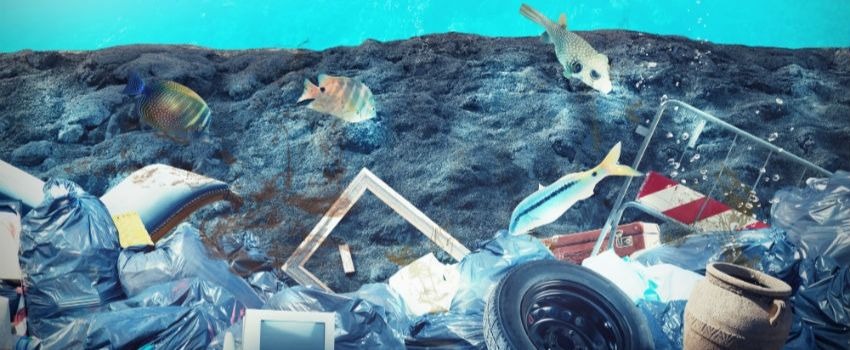
WWF has accused the European Commission of “deliberately harming climate action”. The conservation group claims that the Commission deliberately avoided releasing a report that showed just how little EU farming policies were doing in the way of helping prevent climate breakdown. The report on the climate impact of the Common Agricultural Policy was completed more than a year ago but languished unpublished until WWF lodged a formal freedom of information request for its release.
Quietly released
The report was eventually quietly released the day following the EU elections and found that the European Commission was not acting in a strong enough manner to encourage the farming industry to reduce its emissions. A spokesperson for WWF says that the delayed release of the report may well be considered an act of deliberate climate harm. The spokesperson adds that the EU Commission has been talking about the urgent need to act on the climate whilst failing to release a damaging report showing its farming policy is harmful and how much more it can and should do.
Serious questions raised
The report asked some serious questions regarding the wisdom of farmers ploughing land which is a practice known to release massive amounts of carbon dioxide into the atmosphere. The Common Agricultural Policy is the main instrument used by the EU to manage the farming sector. A spokesperson for Greenpeace says the report clearly shows that European agricultural policy is failing the climate test and the EU must do something about the over-production and over-consumption of meat and dairy which are key drivers for carbon emissions.
Reversing the trend
The EU’s farming sector contributes as much as 10 per cent of the its greenhouse gas emissions but policy changes could result in a reversal and the sector could capture and store a significantly larger amount of carbon dioxide claims WWF. The organisation argues that the Common Agricultural Policy has done almost nothing to support low-carbon and nature-friendly farming. WWF adds that the policy continues to support a market driven set of farming practices that are high-input instead of incentivising environmental or climate commitments.
Win-Win
The WWF spokesperson concludes by arguing that it is possible for both the climate and farming sector to achieve victories by rapidly cutting emissions and adopting practices that would see more carbon going into the ground and landscapes. The EU has already drafted a strategy for long term action to deal with climate change which clearly shows that agriculture can and should do more to help Europe achieve net-zero emissions.





